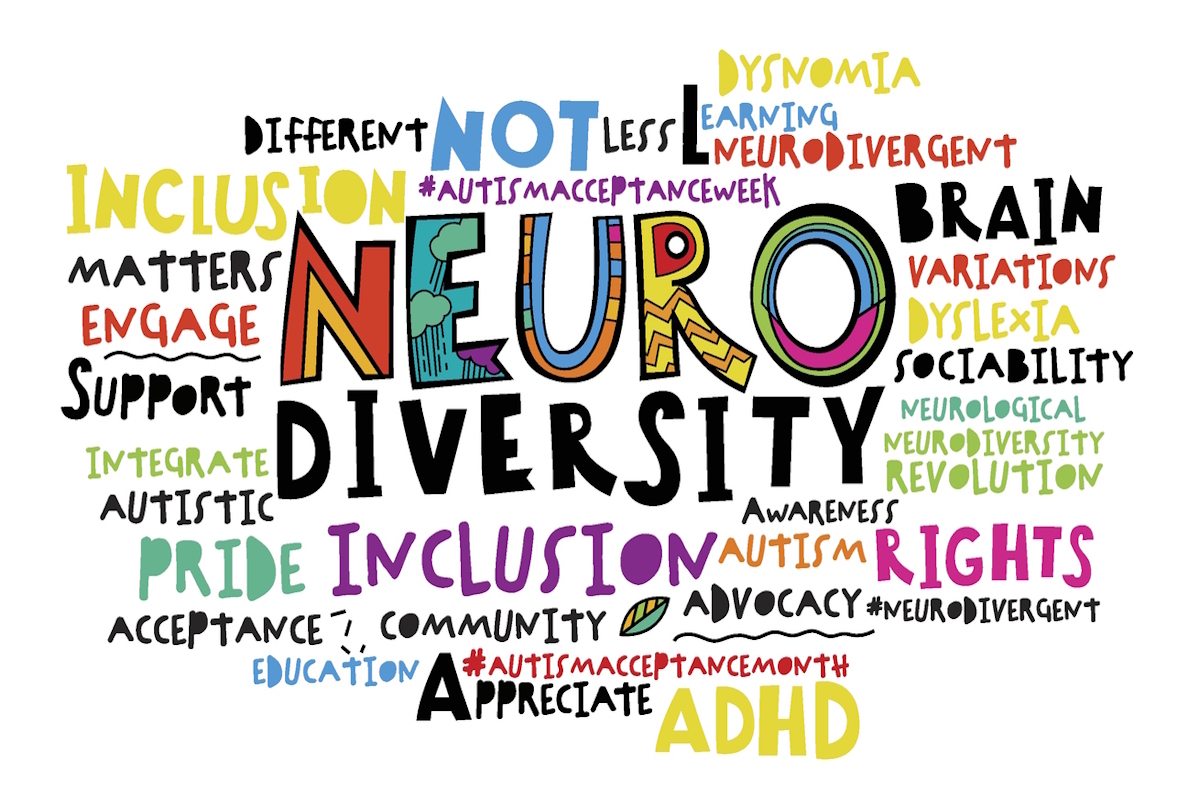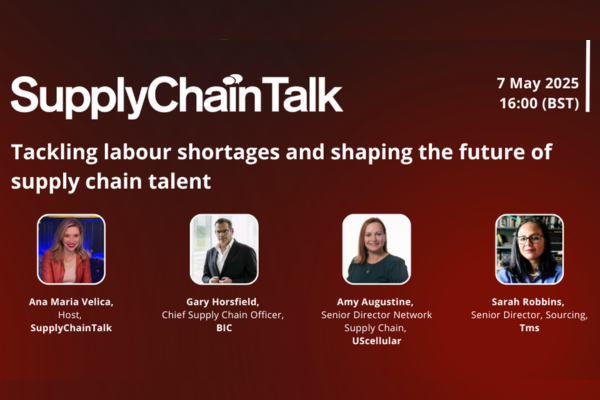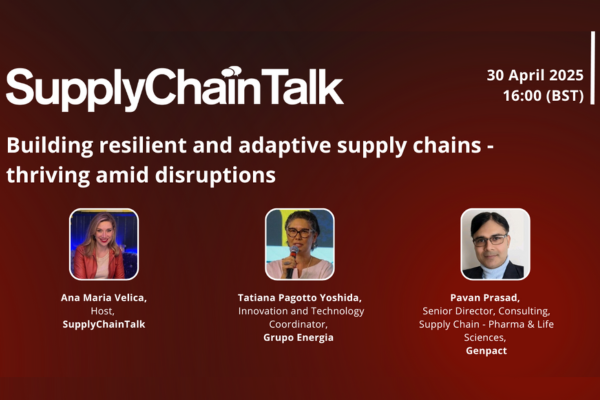Supporting neurodivergent employees

Mike Hay at Benenden Health explains how businesses can create truly inclusive workplaces
In workplaces today, diversity and inclusion should be more than just buzzwords. An increasingly important aspect of this is recognising and valuing neurodiverse individuals who think, learn and process information differently. With awareness and understanding around neurodiversity growing, so is the number of people receiving a diagnosis.
Whether officially diagnosed or not, it is likely your business will already include neurodiverse individuals – or certainly will in the future - yet it remains an area often untouched by leaders.
As someone who is neurodivergent, I wasn’t diagnosed until later in my career in part because it was something that wasn’t talked about or understood. The more senior leader who are neurodivergent open up and share their experience the more others will feel confident to.
Therefore, communication plays a major role in supporting neurodivergent colleagues. Encouraging open, two-way conversations where employees feel comfortable disclosing their needs is vital. Some individuals may not immediately disclose neurodivergence due to fear of stigma, particularly if previous workplaces have been unsupportive.
Supporting neurodivergent employees not only strengthens workplace culture but also unlocks innovation, fresh perspectives and new approaches to problem-solving. But while many businesses have the right intentions, turning this aspiration into reality can be a challenge. Building a workplace where neurodivergent employees can truly thrive requires thoughtful, sustained effort and the ability to overcome systemic barriers.
One of the first steps businesses can take is to ensure that HR teams and line managers are properly educated about neurodiversity. Without structured training, misconceptions and unconscious biases often remain, leading to environments that feel exclusive or unwelcoming to neurodivergent individuals. Regular neurodiversity training can equip staff with the tools they need to support different working styles and perspectives. By increasing awareness, organisations are better positioned to accommodate a range of needs respectfully and effectively.
Recruitment is another area where organisations can reevaluate their processes and make necessary adjustments. For many neurodivergent candidates, traditional hiring processes - with their emphasis on eye contact, quick verbal responses and high-pressure interviews - can be overwhelming. HR teams should ask candidates upfront about any adjustments they might need, from providing questions ahead of time to creating quieter interview settings or offering alternative communication formats. Too often, businesses lose talented individuals simply because the process itself was inaccessible.
Equally important is the transition from hiring to onboarding and training. When planning training sessions, businesses should again ask participants whether specific accommodations would help them engage better. This might involve offering materials in different formats, adjusting the pacing of sessions or allowing remote participation. Sometimes, limited budgets and time constraints can encourage a ’one-size-fits-all’ approach to learning and development - one that rarely meets the full spectrum of employee needs. Prioritising flexible methods doesn’t always require significant cost as even small changes can make a big difference.
Workplace culture should also reflect flexibility and empathy. Rigid schedules, uniform desk setups and noisy, open-plan environments can present challenges to neurodivergent employees. Introducing flexible working options - such as remote work or adjusted working hours - allows individuals to tailor their environment and timetables according to their optimal ways of working. It is also worth considering providing sensory-friendly spaces for those who need a quiet environment to concentrate, as well as practical tools like noise-cancelling headphones, ergonomic furniture, visual communication aids and digital task management apps.
Unfortunately, while these adjustments can be inexpensive and straightforward to implement, resistance to change often hampers progress. Some teams may question the need for perceived ’special treatment’ and others may worry about disrupting traditional structures and procedures. Ultimately, it’s important for senior management to lead by example, visibly championing inclusion initiatives and positioning accommodations as the norm, rather than exceptions. When leadership is disengaged, inclusion efforts are less likely to succeed.
In addition to workplace adjustments, businesses can further support neurodivergent employees by offering tailored healthcare provisions that address their specific needs. Partnering with external providers who specialise in neurodivergence can also make sure employees have access to expert advice and ongoing support beyond the workplace.
Managers should also be trained to provide clear structures and consistent routines where possible, as unpredictability can be a source of anxiety for some neurodivergent people. Regular, predictable feedback delivered in a direct but compassionate manner can ensure employees understand expectations without feeling overwhelmed or criticised.
Ultimately, no two individuals are the same. The most important thing a business can do is remain flexible and committed to listening. Rather than imposing standard solutions, good employers partner with their neurodivergent employees to find approaches tailored to individual strengths and preferences.
Supporting neurodiversity is not about making special allowances - it’s about creating a community and culture where everyone has a fair opportunity to succeed. By embedding inclusion into every stage of the employee journey - from recruitment through training, daily work and career development - organisations can build a truly diverse workforce that benefits everyone.
Mike Hay is Chief People Officer at Benenden Health.
Main image courtesy of iStockPhoto.com and Anna Bergbauer

Business Reporter Team
You may also like
Related Articles
Most Viewed
Winston House, 3rd Floor, Units 306-309, 2-4 Dollis Park, London, N3 1HF
23-29 Hendon Lane, London, N3 1RT
020 8349 4363
© 2025, Lyonsdown Limited. Business Reporter® is a registered trademark of Lyonsdown Ltd. VAT registration number: 830519543





